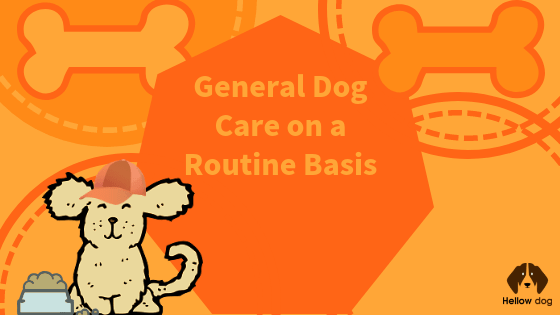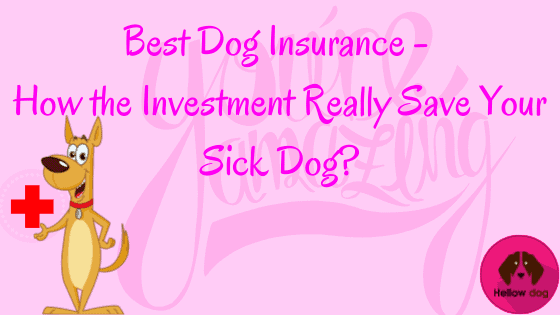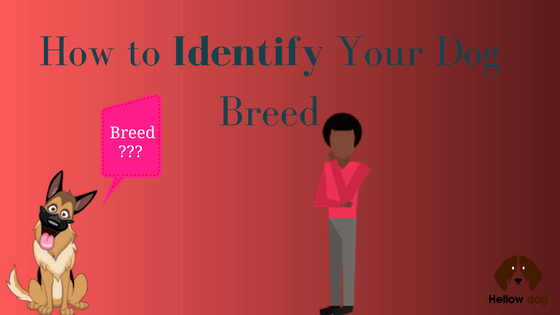We all love our dogs and want to keep them healthy and happy. However, at some point in their life, they’re bound to face sicknesses like vomiting, and it’s on you to take care of them.
Our canine companions, tend to have the habit of eating something they’re not meant to, causing trouble. However, it should be noted that vomiting can be a sign of serious illnesses.
Regardless, it can be difficult to decide how you should take care of your companion during these times. To help you out, we’ve come up with helpful tips on how to treat a dog that’s vomiting to help them recover.
Let’s get started!
What Causes Vomiting in Dogs?
Vomiting can be caused by various things, including dietary indiscretion, infection, stress, or even something as simple as eating too quickly. Other common causes of vomiting in dogs include:
- Eating spoiled food
- Eating foreign objects
- Eating toxic plants
- Motion sickness
- Gastrointestinal irritation or inflammation
- Parasites
- Kidney or liver disease
- Pancreatitis
- Cancer
In many situations, the source of regurgitation is trivial and can be remedied at home. Nevertheless, if your puppy shows any other indications of sickness and disgorging (such as listlessness, looseness of the bowels, or weight reduction) or if the vomiting continues for over 24 hours, it’s essential to take them in for a veterinary assessment.
When to Seek Veterinary Care
If your pup is ejecting and you’re uncertain of the source, it’s advisable to be safe and bring them to a doctor. If you observe any of the subsequent indications, promptly get in touch with your vet:
- Vomiting with lassitude, “weariness.”
- Vomiting with anorexia, “diminished hunger.”
- Vomiting with looseness of the bowels
- Vomiting with fever
- Vomiting with abdominal discomfort or soreness
- Vomiting that persists for more than 24 hours
- Loss of appetite or weight loss
- Difficulty breathing or excessive panting
- Signs of dehydration (e.g., dry nose, dry gums)
These symptoms can indicate a more serious underlying condition that requires immediate veterinary care. If your pet exhibits any of these signs, contact your veterinarian immediately.
Diagnosing the Cause of Vomiting in Dogs
If your vet suspects a more serious underlying condition, they may order tests to diagnose the cause of your dog’s vomiting. These tests may include blood work, X-rays, ultrasounds, or endoscopy. The results of these tests will help your vet determine the cause of your pet’s vomiting and recommend a course of treatment.
Treating Vomiting in Dogs
Once the cause of vomiting has been determined, your vet will recommend a treatment plan. The approach to managing the issue will be contingent on the source. Still, it might encompass dietary transformations (like transitioning to a spartan cuisine), medicines (including anti-sickness pills or antibiotics), surgery (if essential), or other supportive attention. It’s important to follow all instructions provided by your vet and keep an eye on your pet’s progress during treatment.
Preventing Future Incidents of Vomiting In Dogs
It’s also important to prevent future vomiting incidents in dogs. This may include:
- Feeding them a balanced diet appropriate for their age and breed
- Making sure they have access to clean water at all times
- Avoiding feeding them table scraps
- Keeping them away from toxic plants
- Ensuring they get regular exercise
- Providing them with plenty of mental stimulation
- Making sure they get regular checkups with their vet
Things to remember:
- Don’t Offer Them Food
If your dog has vomited recently, it’s crucial to give them some time to recover from it by not feeding them for at least 12-24 hours. If they’re feeling dehydrated, give them a small amount of water once in a while.
It’s recommended not to go overboard with food and water for your sick dog. Giving them heavy meals and water will only cause more problems to your dog’s upset stomach.
- Check Your Dog’s Blood Sugar Levels
Since you’re going to keep food away from your pet for a while, it’s critical to keep a check on its blood sugar levels. During the fasting period, your dog may face low blood sugar levels due to a lack of food.
To avoid this, give your dog a tiny bit of sugary fluids like honey, maple syrup, and sugar water. Provide them with these fluids every couple of hours, to keep their blood sugar levels stable.
- Feed Them Bland Food
If you give regular dog food to your vomiting dog, it can only cause more issues to its stomach. As a result, you need to be careful about the food you feed your pooch.
We recommend feeding your dog bland homemade food in small amounts for a couple of days after they have stopped vomiting for 12 hours. This helps your dog to normalize its stool consistency.
Some bland foods you can feed your canine friend are rice and white chicken meat. You should provide them with small amounts of this food after a few hours of their vomiting.
After the 12-hour fast, you can start feeding them more every four hours to get them back to their normal meal size.
- Take a Look at Your Dog’s Vomit
While it’s never fun to look at someone’s vomit, you need to know the reason why your dog is throwing up. It’s a good indicator of whether you should visit your vet for a health check.
Keep an eye out for stool material or blood, as it could be a sign of an infection, parasite, or other serious sicknesses. If you find anything worrisome, you need to book an appointment with your veterinarian as soon as possible.
Listen to your vet and follow their instructions properly to ensure your dog doesn’t fall sick again. Additionally, measure your dog’s weight to ensure it’s in a healthy range.
If you don’t spot anything out of the ordinary, continue taking care of your furry friend and make sure they’re recovering properly. With good care and attention, they’ll begin to feel normal and will be back to their energetic self in no time.
To Sum Up
Taking care of a dog is a difficult task and you should be careful with them when they’re sick. It’s necessary to be as calm as possible and make sure they’re getting the care they need when necessary.
The tips mentioned above should guide you in the right direction when caring for your vomiting puppy. Follow them properly and keep an eye on their recovery.







